Crypto and Capital: Restoring Trust in Decentralized Finance
- Staff Writer
- 4 days ago
- 2 min read

As Bitcoin and digital assets become a permanent feature of the global economy, the
United States stands at a crossroads. How we choose to regulate cryptocurrency will
determine whether America leads the next era of financial innovation, or cedes that
leadership to less free, less transparent policies. Bitcoin embodies conservative values:
self-reliance, personal responsibility, and economic freedom. Yet, the regulatory
patchwork currently governing it reflects uncertainty rather than confidence, a tangle of
agencies and overlapping mandates that risk stifling innovation while doing little to
strengthen trust.
Today, five major federal agencies claim a role in crypto oversight. The Financial Crimes
Enforcement Network (FinCEN) enforces anti–money laundering compliance; the
Securities and Exchange Commission (SEC) treats some digital assets as securities,
depending on how they are sold; the Commodity Futures Trading Commission (CFTC)
classifies Bitcoin as a commodity; the Internal Revenue Service (IRS) taxes it as property;
and the Office of Foreign Assets Control (OFAC) screens it under sanctions law. The result
is regulatory fragmentation, and a constant tension between innovation and enforcement.
However, 2025 has begun to bring clarity: the GENIUS Act, signed into law in July, created
the first national framework for stablecoins, while President Trump’s executive order
establishing a federal Bitcoin reserve signaled a historic recognition of digital assets as
part of U.S. economic strategy.
A conservative approach to regulation seeks to build on this progress by emphasizing
clarity without control. Markets, not bureaucracies, should drive innovation, but markets
also need fair rules and accountability. Smart policy means protecting investors from fraud
and ensuring compliance with laws like the Bank Secrecy Act, without imposing a
centralized licensing regime that undermines freedom. By applying existing, time-tested
laws, rather than creating new layers of oversight, policymakers can strike the right
balance between security and liberty. Excessive regulation risks driving innovation
offshore to nations like Singapore and the UAE, while measured, principle-based oversight
can cement the United States as the global home of responsible financial freedom.
Globally, the stakes are high. The European Union’s MiCA framework, Japan’s pragmatic
licensing system, and China’s authoritarian crypto bans illustrate competing visions of
financial order. America must chart its own course, one that aligns with its founding
principles. The conservative goal is not to control Bitcoin, but to ensure that American innovation, not foreign bureaucracy, defines its future. By pursuing regulatory restraint,
defending individual ownership, and promoting transparency through market discipline,
the U.S. can secure both its monetary sovereignty and moral leadership in the digital age.
Bitcoin’s promise lies not in replacing the dollar, but in reinforcing the values that make the
dollar, and America, strong.





.png)




_gif.gif)